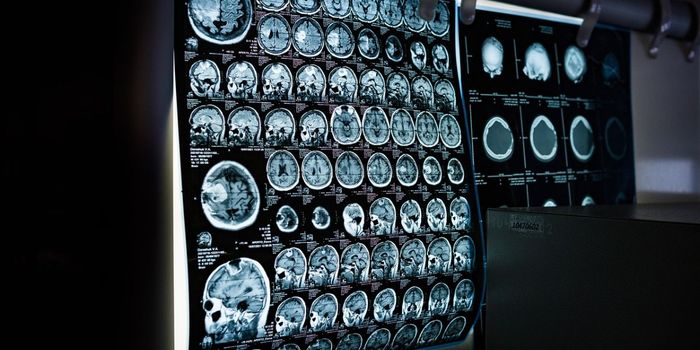Light Therapy Reduces Depression, Improves Sleep in Alzheimer's
Light therapy significantly improves sleep and psycho-behavioral symptoms in patients with Alzheimer’s disease. The corresponding study was published in PLOS.
Light therapy- or photobiomodulation (PBM) is a non-invasive, non-pharmacological therapy that involves exposure to a bright light for a certain length of time at the same time every day. The therapy regulates melatonin secretion and facilitates communication between the hypothalamus and the cortex, which ultimately modulates circadian rhythms. Studies show that products like the Luminette 3 light therapy glasses can improve sleep problems.
Recently, light therapy has received increased attention for treating Alzheimer’s. In the current study, researchers conducted a meta-analysis of 15 trials with 598 patients to investigate the effects of light therapy on those with Alzheimer's disease or dementia.
Ultimately, they found that light therapy improved sleep efficiency, strengthened circadian rhythms, and reduced interdaily variability- a measure of how frequently a person transitions between rest and activity during the day. The therapy also reduced psycho-behavioral symptoms such as agitation and depression and reduced caregiver burden. They wrote that overall, their review suggests that light therapy is more effective than usual care.
“These findings, combined with its low side effects, suggest the role of light therapy as a promising treatment for Alzheimer's disease. Although light therapy has fewer side effects than pharmacological treatment, adverse behavioral outcomes in patients due to bright light exposure should be considered,” wrote the researchers in their study.
The researchers added that their findings have some limitations. They noted, for example, that the types and degrees of dementia included in their study were inconsistent and that some articles did not clearly describe their randomization and allocation concealment methods, which indicates a potential for bias.
They concluded that further studies with larger sample sizes are necessary to better understand the effectiveness of light therapy in treating sleep disorders and psychobehavioral symptoms in patients with Alzheimer's disease.
Sources: PLOS, Science Daily









